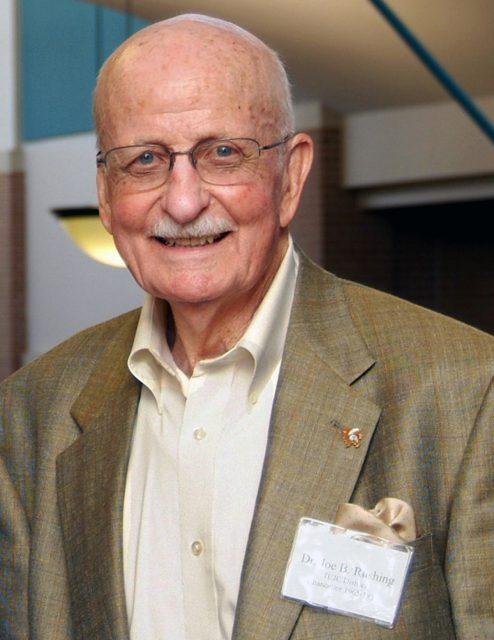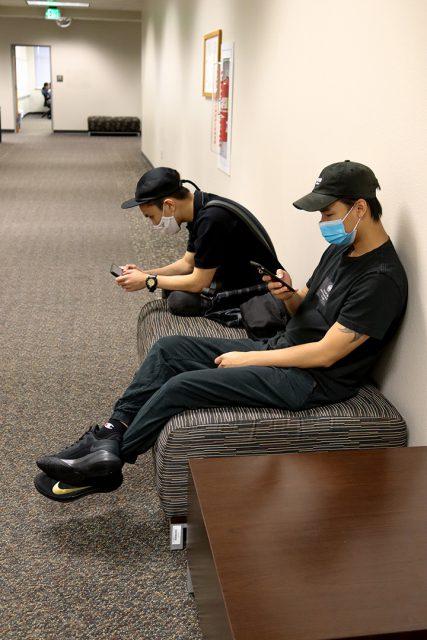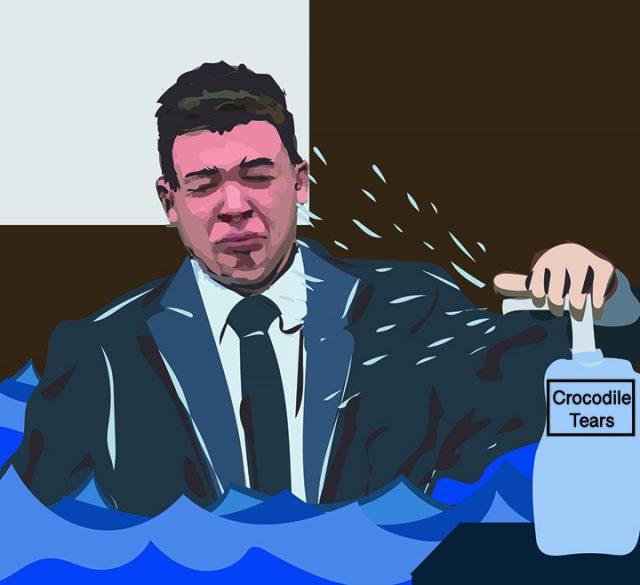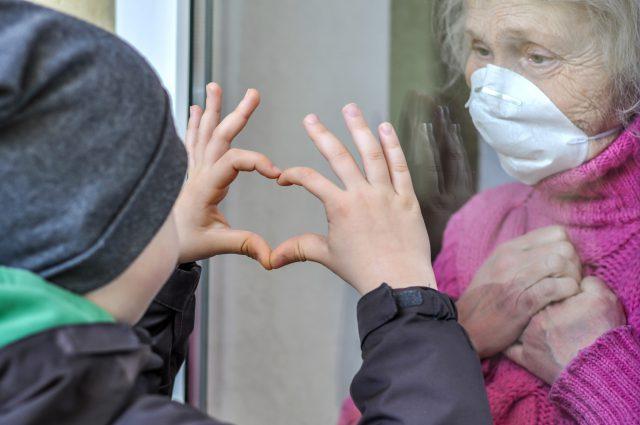TCC students share personal stories of finding their identities
Jose Romero
editor-in-chief
Allison couldn’t take it anymore.
In February of last year, she had a breakdown, refusing to deny her identity, something she had been doing since her days in the Navy.
“I was in so deep denial that a couple of my very good shipmates called me out on it,” she said.
Now, she’s sure about her identity. She’s a trans woman.
Her story is similar to others in the community at TCC, filled with ambiguity and stigma, but at peace with themselves after coming out.
Allison — a South Campus student whose last name she wants to keep private — said if she would’ve come out while in the Navy, she would’ve most likely been kicked out. She served from 2007 to 2011, leaving a year after Don’t Ask, Don’t Tell was repealed. DADT was a policy issued in 1993 that allowed military personnel to kick out openly gay, lesbian and bisexual people from service.
Once she fully transitioned and accepted it, it was simultaneously shattering and the easiest thing she’s done.
“It’s kind of funny,” Allison said. “The shattering of all the illusion and self-lie, yeah, that part sucked. But, everything else was like “Oh, this is the easiest thing in the world.’”
She said she was 12 years old the first time she had an idea of her identity.
“At that point in time, I was living in backwood, rural Georgia,” she said. “Nobody was going to teach me or give me any kind of representative media to tell me, ‘Hey, this is a normal feeling you’re feeling.’ The closest thing I had was ‘Rocky Horror Picture Show,’ and that is not good.”
Allison said she has had pretty good support from her family as she transitions. She separated from her wife before they got bitter with each other. Her wife was mad at her because of how long she kept it to herself.
“When I was in denial, particularly toward the end of that time period, I was a horrible person to be around,” she said. “You would not have liked me. I was cruel, callous, dismissive of everyone.”
Allison is a parent with two kids, Lilith and John. She said she loves being a mom way more than she did being a dad.
“It’s absolutely breathtaking whenever I get to hear ‘mom, mom, mom,’ and John wants me to help him with something, or he wants me to play ‘Minecraft’ with him,” she said.
NE student Jane Dubrow has been transitioning for four years. She said that people tend to have a lot of misconceptions about the transgender community.
“I feel like if people just took time to understand people’s perspectives, or understand why people make certain decisions, then instead of ignorance, you might actually start to have empathy,” she said.
In high school, Dubrow was an athlete. Once she came out as transgender, she had to quit.
“I’ve been struggling with mental health for a while, and being trans definitely doesn’t help,” she said.
Something LGBTQ+ Pride Club officer Grey Layden recommends that TCC should do for its transgender community is allow them to use their preferred name. Layden said some students have even reached out to the administration to get this changed but heard no response.
“It’s really frustrating because it’s such a simple thing,” they said.
Layden said when they’re put in a situation in which someone calls them by their deadname — the name a transgender person went by before they transitioned — it can be an embarrassing, uncomfortable situation.
Something that can be done to educate others on the community is safe space training because it focuses on how environments can be made more welcoming for people in the LGBTQ+ community, they said.
“Find people in the community that you can talk to,” Layden said. “The best support are people who understand what you’re going through.”
NE Campus has the LGBTQ+ Pride Club which provides a safe space for the community.
South and TR have the Power of Representation and Inclusion of Student Matters organization. The number for the Trans Lifeline is 877-565-8860.





































